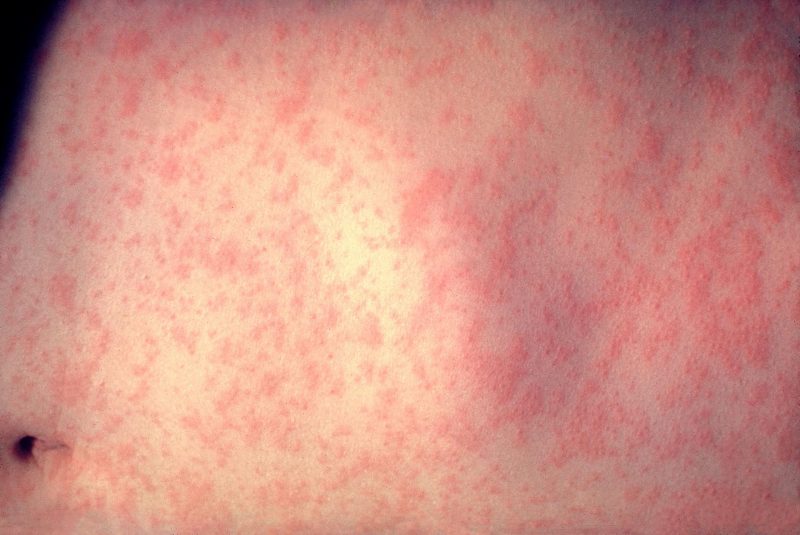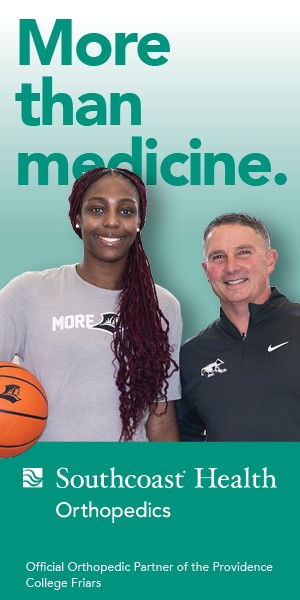Community
Amount of measles cases in 2019 already surpass 2018, Massachusetts officials alert residents

According to the CDC the amount of cases of measles in 2019 have already surpassed 2018.
From January 1 to March 28, 2019, 387 individual cases of measles have been confirmed in 15 states. This is the second-greatest number of cases reported in the U.S. since measles was eliminated in 2000.
The states that have reported cases to CDC are Arizona, California, Colorado, Connecticut, Georgia, Illinois, Kentucky, Michigan, Missouri, New Hampshire, New Jersey, New York, Oregon, Texas, and Washington.
Now it appears that Massachusetts can be added to the list.
The Massachusetts Department of Public Health (DPH) has confirmed that a person was diagnosed with measles in greater Boston on Sunday, March 31, 2019. During the infectious period, the individual went to locations where other people may have been exposed.
“The measles virus is currently causing large national and international outbreaks of measles and a lack of vaccination, combined with domestic and international travel, has resulted in the spread of illness,” said Dr. Catherine Brown, Massachusetts State Epidemiologist. “Getting vaccinated is the best way to protect yourself from this disease.”
Measles is very contagious. People who are not immune who visited any of the locations on the below specified dates and times may be at risk for developing measles and is advised to contact their health care provider to confirm their immunization status.
According to DPH, those who have not been immunized or do not know their measles immunization status should get vaccinated with at least one dose of Measles, Mumps, and Rubella (MMR) vaccine. Measles vaccine given within 72 hours of exposure may prevent measles disease, and vaccination beyond this window will provide protection from subsequent exposures. DPH, local health departments and healthcare providers are working to contact individuals at high risk for exposure.
Exposures to this individual may have occurred at the following locations and times:
Tuesday 3/26
1:40 PM – 4:40 PM – Plymouth, MA
KKatie’s Burger Bar
38 Main St Ext, Plymouth, MA 02360
Wednesday 3/27
8:40 am – 10:45 am – Waltham, MA
Starbucks
12 Market Pl Dr, Waltham, MA 02451
2:05 pm – 4:20 pm – Framingham, MA
Framingham Service Plaza on I-90 Westbound
Thursday 3/28
8:50 am – 11:10 am – Waltham, MA
Staples
800 Lexington St Waltham, Massachusetts 02451
9:10 am – 11:15 am – Waltham, MA
Dunkin’
Wal-Lex Shopping Center
876A Lexington St
11:55 am – 2:05 pm – Hyannis, MA
Whole Foods
990 Lyannough Rd, Hyannis, MA 02601
2:00 pm – 4:05 pm – Braintree, MA
Target
250 Granite St, Braintree, MA 02184
Those who were exposed and begin to develop symptoms of measles should call their healthcare provider before visiting an office, clinic, or emergency department. Early symptoms of measles occur 10 days to 2 weeks after exposure and may resemble a cold (with fever, cough, runny nose, and red eyes) and a rash occurs on the skin 2-4 days after the initial symptoms develop. The rash usually appears first on the head and then moves downward. The rash typically lasts a few days and then disappears in the same order. People with measles may be contagious up to four days before the rash appears and for four days after the day the rash appears.
The CDC recommendations are:
Children. Children should receive their first dose of Measles-Mumps-Rubella (MMR) vaccine at 12-15 months. School-aged children need two doses of MMR vaccine.
Adults. Adults should have at least one dose of MMR vaccine. Certain groups at high risk need two doses of MMR, such as international travelers, health care workers, and college students. Adults born in the U.S. before 1957 are considered immune to measles from past exposures.
-

 Community7 years ago
Community7 years agoNational Shrine of La Salette Festival of Lights 2017 set to begin
-

 Community6 years ago
Community6 years agoMassachusetts State Police looking for good home for retired dogs
-

 Crime6 years ago
Crime6 years agoFall River ranked most dangerous city in Massachusetts according to report
-

 latest7 years ago
latest7 years agoDurfee student allegedly overdoses on marijuana
-

 Community6 years ago
Community6 years agoVideo of Fall River Police goes viral
-

 Causes6 years ago
Causes6 years agoMissing Fall River woman found deceased
-

 Crime6 years ago
Crime6 years agoFall River Police add names to most wanted list
-

 Causes6 years ago
Causes6 years agoFall River teenager reported missing has been found




